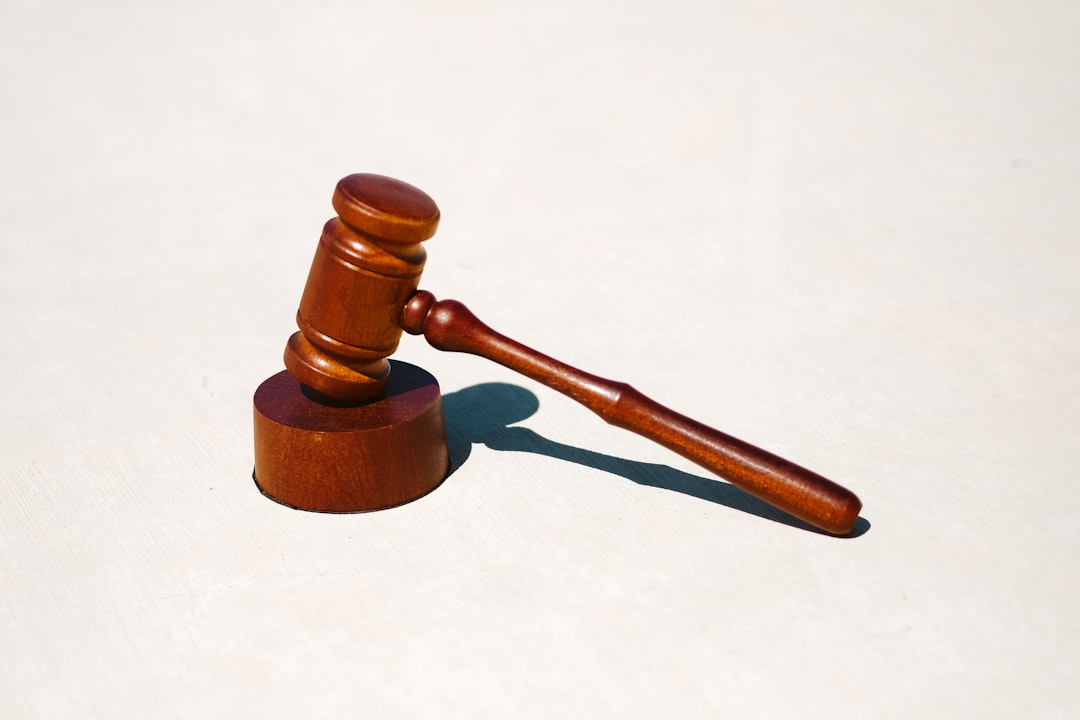The Fair Debt Collection Practices Act (FDCPA) protects Phoenix residents from unfair debt collection practices by setting guidelines for communication, disclosure, and permissible actions. Debt collector attorneys in Phoenix must adhere to these regulations, ensuring accuracy, fairness, and legal boundaries in their interactions with debtors. Understanding the FDCPA is crucial for both parties to maintain ethical practices, avoid fines, and protect reputations. Hiring a skilled debt collector attorney in Phoenix offers valuable representation in negotiating settlements, disputing claims, and taking legal action if necessary.
“Navigating the complex landscape of debt collection laws is crucial for both consumers and debt collectors alike. In this comprehensive guide, we shed light on the Fair Debt Collection Practices Act (FDCA) and its implications in Phoenix. Understanding these regulations is essential to protect consumers from unfair practices. We explore the responsibilities and legal boundaries set by FDCA, uncover common violations, and emphasize the role a debt collector attorney plays in ensuring compliance. Learn how to safeguard your rights and defend against potential Phoenix violations.”
Understanding Fair Debt Collection Practices Act

The Fair Debt Collection Practices Act (FDCPA) is a federal law designed to protect consumers from unfair or abusive practices by debt collectors. This legislation is crucial for maintaining fairness and transparency in the debt collection process, ensuring that both debtors and collectors adhere to specific guidelines. In Phoenix, as in many other cities, debt collector attorneys play a vital role in interpreting and enforcing these regulations, safeguarding the rights of individuals facing debt collection actions.
The FDCPA sets forth clear rules regarding communication methods, disclosure requirements, and permissible actions for debt collectors. It prohibits aggressive or harassing tactics, misrepresentations about the debt, and certain misleading practices. Understanding these provisions is essential for both parties involved in a debt collection matter. Debt collectors must follow strict protocols to ensure they are acting within their legal boundaries, while consumers can exercise their rights under the act if they feel their privacy or financial well-being has been violated.
Debt Collector Responsibilities and Legal Boundaries

Debt collectors in Phoenix, like anywhere else, have specific responsibilities and legal boundaries set by the Fair Debt Collection Practices Act (FDCPA). They are required to provide debt collectors with accurate and fair information about the debt they are collecting, including details on the original creditor. This means that debt collectors cannot fabricate or misrepresent any part of the debt’s history.
Additionally, debt collector attorneys in Phoenix must abide by strict rules regarding communication methods, timing, and frequency. They cannot call you at unreasonable hours, use abusive language, or threaten legal action without having a solid basis for doing so. The FDCPA also prohibits collectors from using deceptive tactics, such as pretending to be someone they’re not or misrepresenting the consequences of non-payment. Understanding these boundaries is crucial for both debt collectors and consumers to ensure fair and lawful practices.
Common Phoenix Violations of FDCA Regulations

Many debt collectors in Phoenix often stumble upon Fair Debt Collection Practices Act (FDCA) violations, which can lead to severe legal repercussions. Some common infractions include failing to identify themselves as collection agents during initial contact with debtors, using aggressive or abusive language, making false claims about the debt’s status, and threatening to take illegal actions.
Additionally, debt collector attorneys in Phoenix must adhere to strict guidelines regarding the frequency and time of day they contact consumers, as well as the type of communication used (e.g., phone calls, emails, letters). Violating these regulations can result in hefty fines and damage to the collector’s reputation. It’s crucial for both debt collectors and debtors to understand their rights and responsibilities under the FDCA to ensure fair and ethical debt collection practices.
The Role of an Attorney in Debt Collection Cases

When facing debt collection actions, engaging the services of a skilled debt collector attorney in Phoenix can be immensely beneficial. These legal professionals play a crucial role in navigating the complexities of the Fair Debt Collection Practices Act (FDCPA) and ensuring that your rights are protected throughout the process. An attorney specializing in this area has in-depth knowledge of the FDCPA, which sets forth critical guidelines for debt collectors to follow when communicating with debtors.
They can represent you during interactions with debt collectors, helping to ensure compliance with these regulations. This representation may include negotiating settlement terms, disputing inaccurate claims, and even taking legal action if your rights are violated. Having an advocate on your side can be a game-changer in managing and resolving debt collection cases effectively.
Protecting Consumers from Unfair Debt Practices

The Fair Debt Collection Practices Act (FDCPA) is a federal law designed to protect consumers from unfair and abusive debt collection practices. This legislation ensures that debt collectors adhere to ethical standards when attempting to recover debts, providing a measure of security for Phoenix residents dealing with financial hardships. By establishing clear guidelines, the FDCPA prevents debt collectors from engaging in deceptive, misleading, or harassing behaviors.
When a consumer believes they have been treated unfairly by a debt collector, they have legal recourse. A debt collector attorney in Phoenix can guide individuals through their rights and options under the FDCPA. This may include disputing inaccurate information in collection notices, halting abusive communication, or seeking compensation for violations. Understanding these protections empowers consumers to navigate the process with confidence and assert their rights as outlined by federal law.






